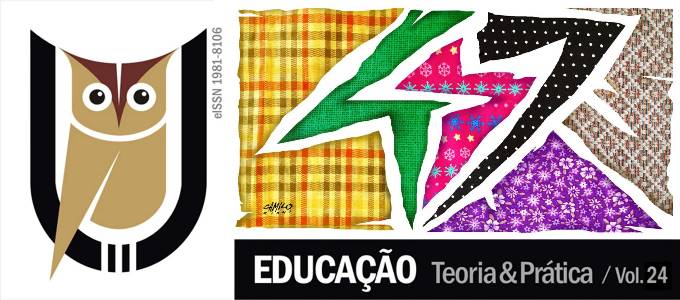Building a city by building schools: school festivals in Nova Iguaçu (1916–1947)
DOI:
https://doi.org/10.18675/1981-8106.vol24.n47.p77-96Keywords:
Schooling. City. Civility. Press.Abstract
This article presents the results of doctoral research in which the social function of the school was investigated with regard to the ways in which educational institutions mobilize and participate in the public scene of the city. The analysis of ceremonies and festivals held by schools or in which they participated, based on the local press and notes in school attendance charts, reveals a productive area that represents the intertwining between school and city and the school’s function with regard to the organization of spaces and people. These events, particularly school festivals and public celebrations, point to the construction of a role of the school for instruction not only in aspects of literacy but also in behavioral habits, moral values, and rights of citizenship. The investigation focused on Nova Iguaçu, a city in the state of Rio de Janeiro. In addition to examining the interplay between city and school, the following were also considered relevant: the collaborative process in which school and city are mutually constructed and how educational practices exercised in schools by students and teachers can also be educational for the city’s population, thereby establishing schooling as a way of socializing.Downloads
Additional Files
Published
How to Cite
Issue
Section
License
Authors who publish in this journal agree to the following terms:
a) Authors assign copyright to the journal, with the work simultaneously licensed under the Creative Commons Attribution License that allows sharing of the work with acknowledgment of authorship and publication in this journal.
b) The policy adopted by the Editorial Committee is to assign copyright only after a period of 30 months from the date of publication of the article. After this time, authors interested in publishing the same text in another work must send a letter to the Editorial Committee requesting the release of the assignment of copyright and wait for a response.
c) This journal provides public access to all its content, since this allows greater visibility and reach of published articles and reviews. For more information on this approach, visit the Public Knowledge Project, a project that developed this system to improve the academic and public quality of research, by distributing OJS as well as other software to support the public access publication system to academic sources. The names and email addresses on this website will be used exclusively for the purposes of the journal and will not be available for other purposes. This journal provides open any other party  This work is licensed under a Creative Commons License
This work is licensed under a Creative Commons License











